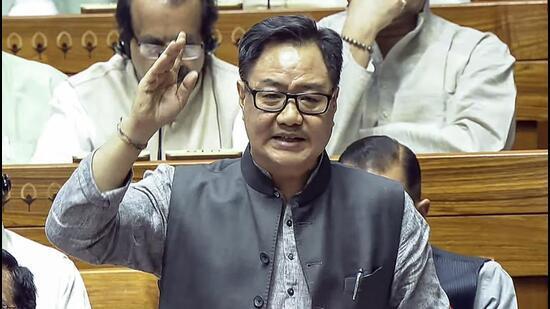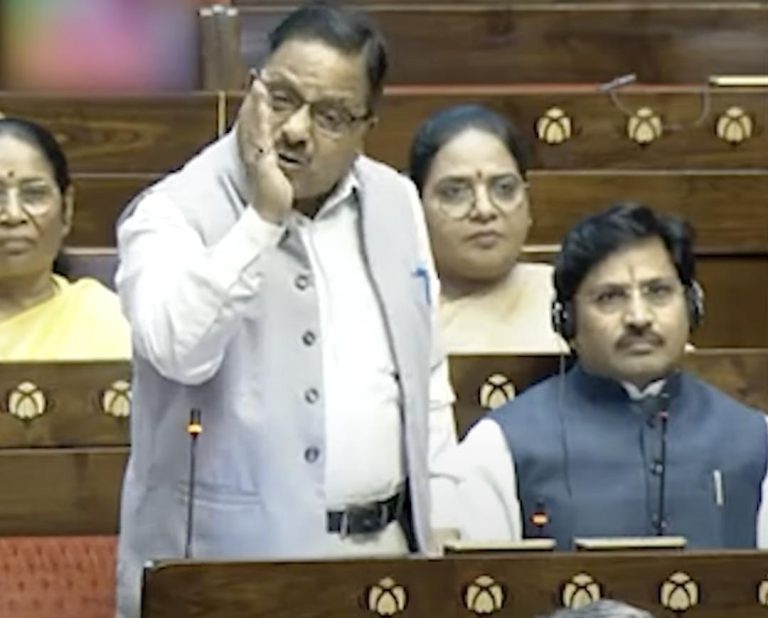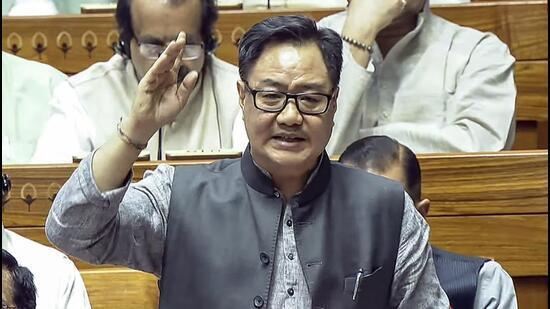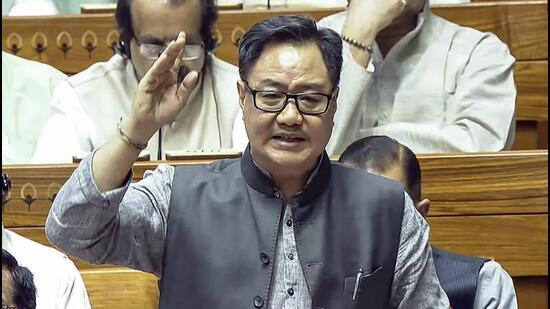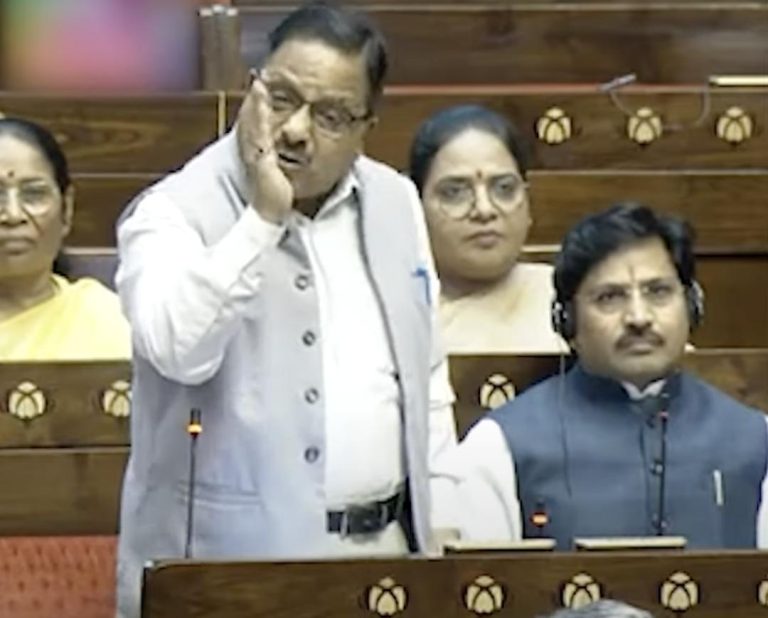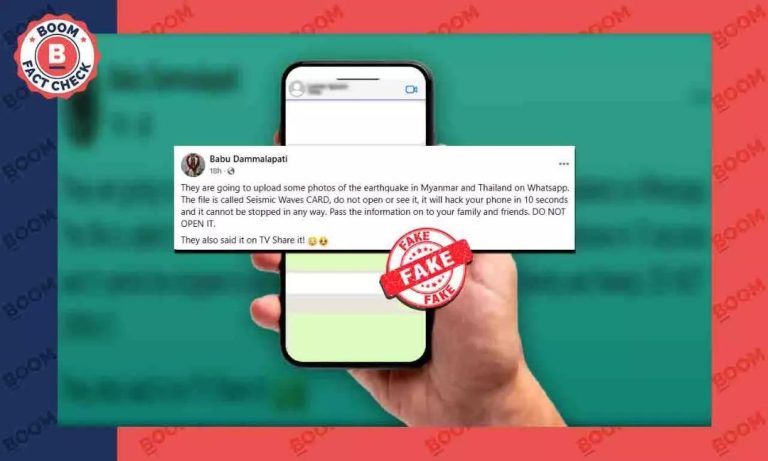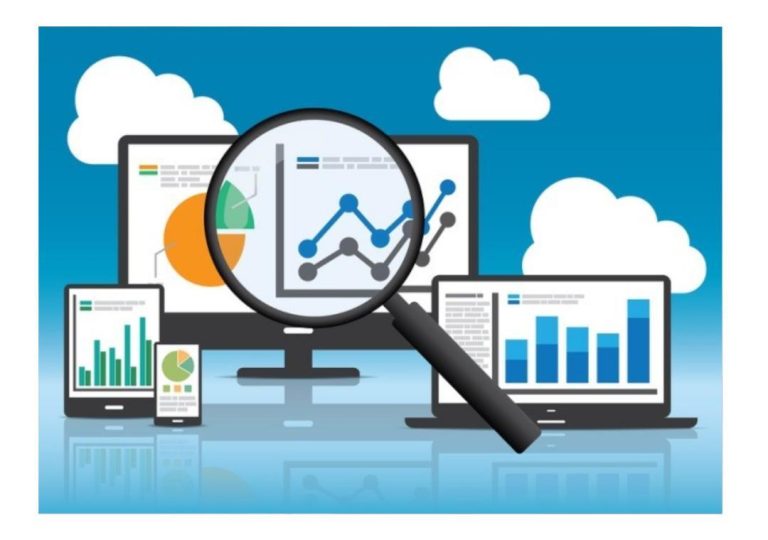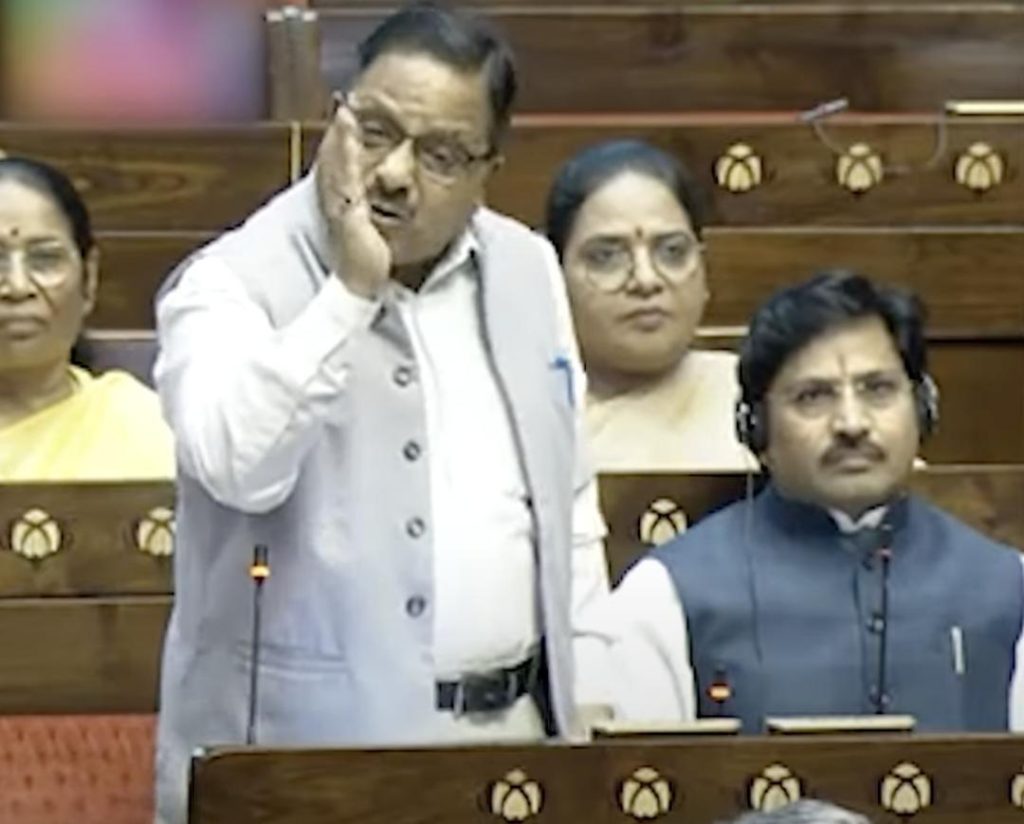
Should I read Quran & tell you what’s written in it: BJP MP Radha Mohan Das on Waqf Bill
The Waqf Bill, aimed at reorganizing and strengthening the management of Waqf properties in India, has been a topic of heated debate in the country. Recently, during a discussion on the bill, BJP MP Radha Mohan Das made a statement that has raised eyebrows and sparked controversy. He asked if he should read the Quran and tell what is written in it, sparking a heated debate on whether a politician should delve into religious texts to make a point.
The context of the statement was that Radha Mohan Das was questioning the Waqf Board’s management of properties under its control. He pointed out that despite having numerous properties, the Waqf Board lacked a proper record of its assets. In an apparent attempt to drive home his point, he asked if he should read the Quran to highlight the hypocrisy of the Waqf Board’s lack of transparency.
“What the Quran says is that even if one rupee is given to anyone, there should be a written record,” Radha Mohan Das said. “And you say you have so many properties without a record.” He was implying that the Waqf Board was not adhering to the principles outlined in the Quran, which emphasizes the importance of documentation and transparency in financial transactions.
Radha Mohan Das’s statement has sparked a debate on whether a politician should use religious texts to make a point. Some have questioned the propriety of using sacred texts for political purposes, while others have defended his actions, arguing that he was merely highlighting the hypocrisy of the Waqf Board.
On one hand, using religious texts for political purposes can be seen as an attempt to hijack sacred symbols for political gain. In a democratic setup, politicians should focus on presenting facts and arguments based on evidence, rather than resorting to emotive appeals or misusing religious texts. Moreover, using religious texts to score political points can be seen as an attempt to manipulate public opinion, which can be counterproductive to the democratic process.
On the other hand, Radha Mohan Das’s statement can be seen as a legitimate way to highlight the hypocrisy of the Waqf Board. The Waqf Board is a government-run institution responsible for managing properties donated for religious purposes. It is the responsibility of the Board to maintain transparency and accountability in its dealings. If the Board is found to be lacking in these areas, it is only fair to point out the shortcomings, even if it involves referencing religious texts.
Moreover, the Quran is a sacred text that is revered by millions of Muslims around the world. It is not uncommon for politicians to reference religious texts to make a point or to emphasize a particular value or principle. In fact, many politicians have used religious texts to promote values such as compassion, justice, and equality.
In conclusion, Radha Mohan Das’s statement has sparked a debate on the propriety of using religious texts for political purposes. While some have questioned the wisdom of using sacred texts for political gain, others have defended his actions, arguing that he was highlighting the hypocrisy of the Waqf Board. Ultimately, the issue boils down to whether politicians should use religious texts to make a point, and whether such references are seen as legitimate or illegitimate.
Source: https://www.youtube.com/watch
